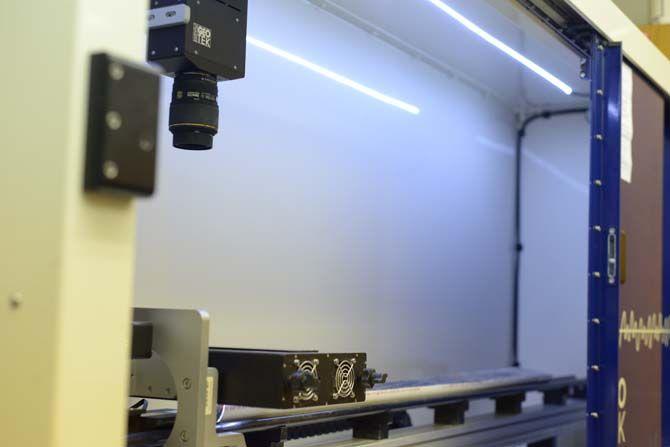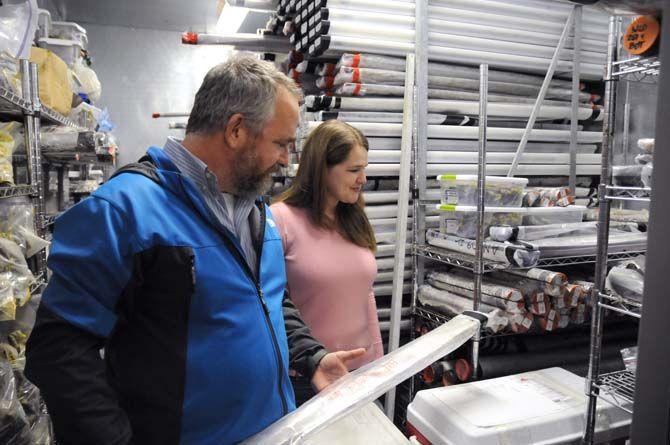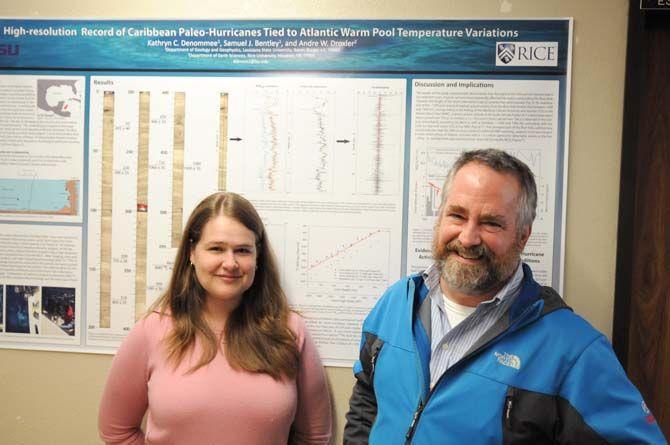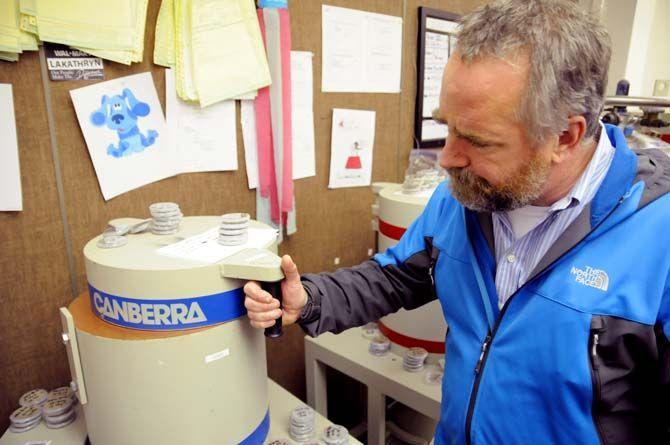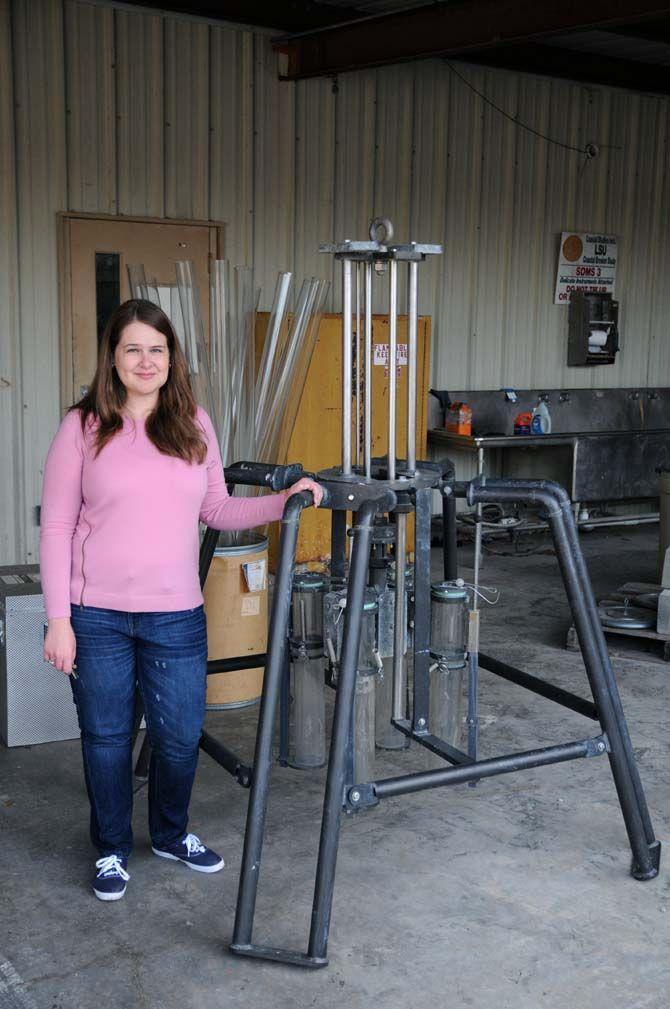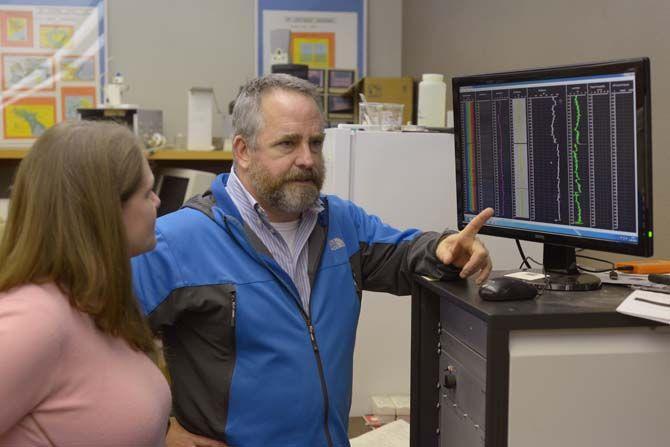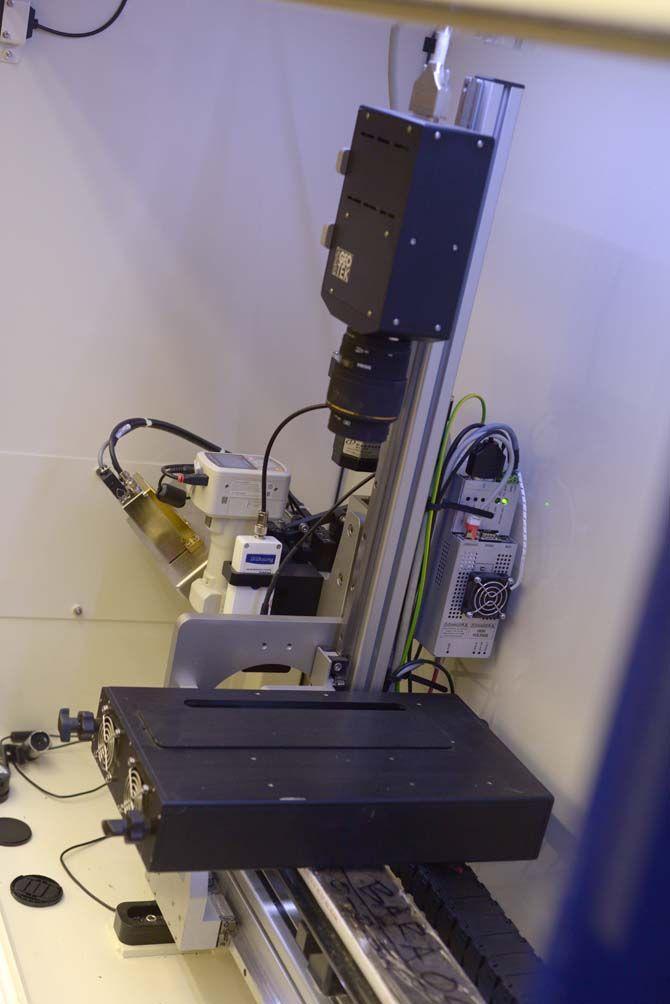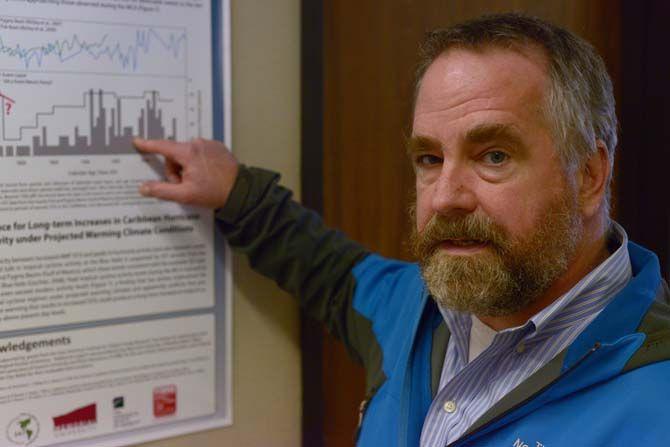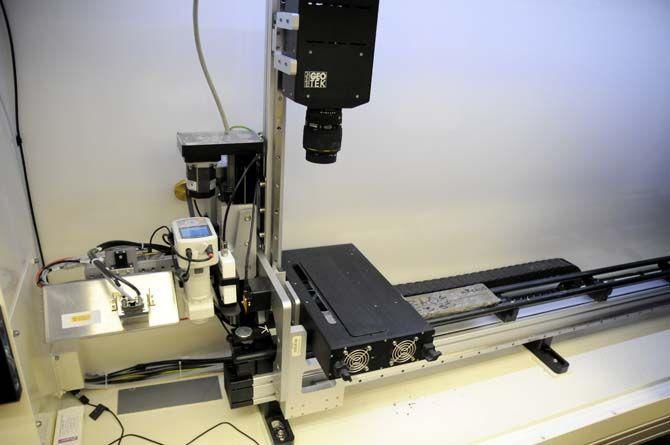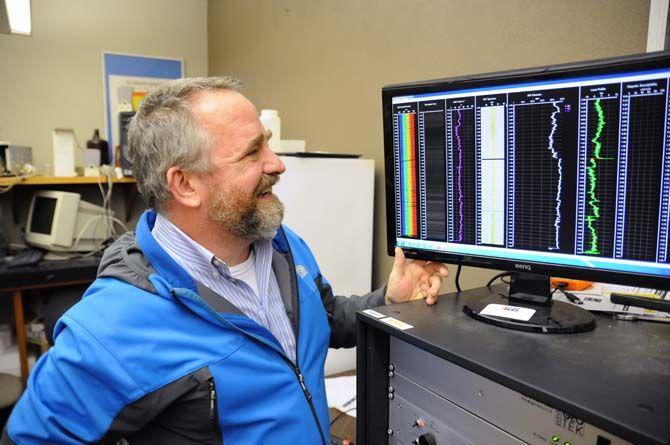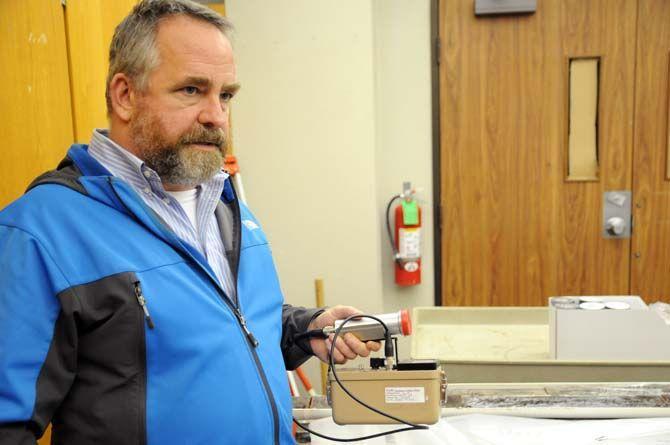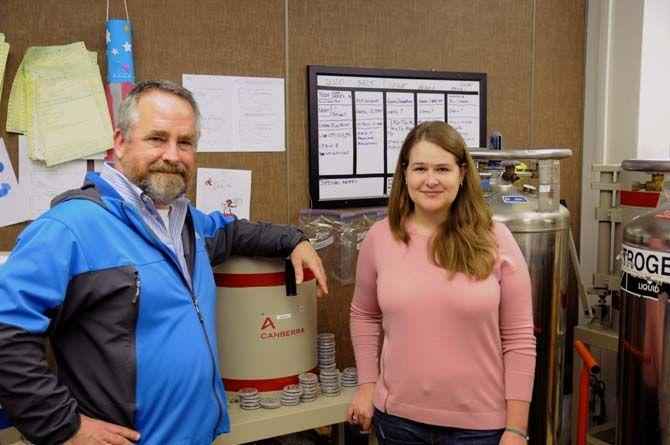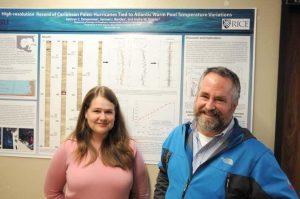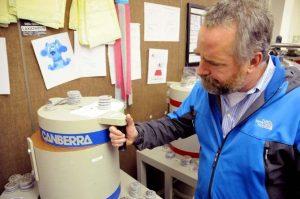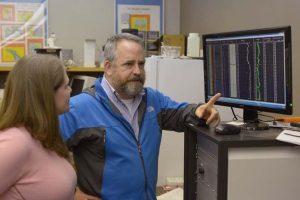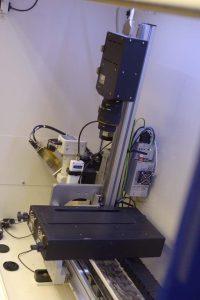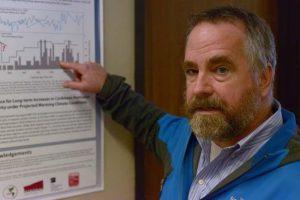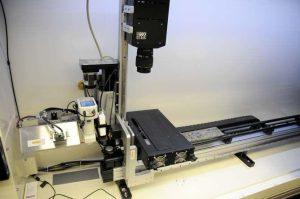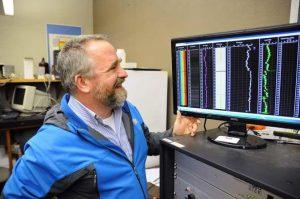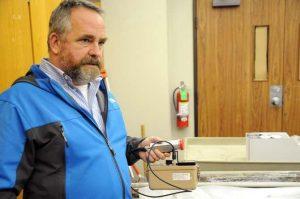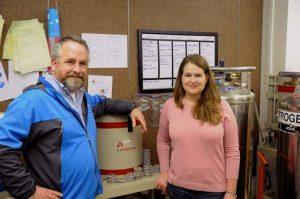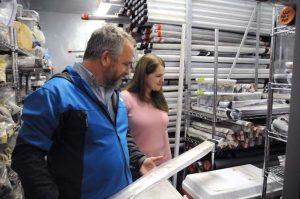A scientist’s research is often overlooked by the general public, but a connection to an ancient civilization’s downfall brought national attention to a University student’s study.
Geology and geophysics Ph.D student Kathryn Denommee, along with professor and director of the University’s Coastal Studies Institute Sam Bentley and André Droxler, a professor at Rice University, made headlines after their study’s findings linked climate records to the possible cause of the Mayan civilization’s disappearance.
The team’s research analyzed core sediments taken from the famous “Great Blue Hole” — a popular scuba diving location at the Lighthouse Reef in Belize.
“This research is part of a much larger project led by Kam-Biu Liu [chair and professor of the Department of Oceanography and Coastal Sciences],” Denommee said. “[Liu] has been looking at what is driving hurricane landfalls for some time now.”
Denommee and the team analyzed how the layers of sediments compiled within the Blue Hole keep a natural record of climate events, like hurricanes and droughts, from hundreds or thousands of years ago.
“We wanted to essentially develop a history of hurricane strikes in the Caribbean Basin,” Bentley said. “This is important because the same climate systems that push hurricanes to North America are present in the Caribbean.”
The link between Denommee’s research and the Mayan civilization came when Droxler, presenting the study’s findings at the 2014 American Geophysical Union conference in San Francisco, claimed the climate records support the theory that a period of drought is what caused the decline of the
Mayans.
Denommee was in Canada visiting family at the time of the December conference, unaware the media was linking her findings to the ancient civilization.
“I was confused because reporters started calling me trying to talk about the Mayans, but I’m not an archaeologist,” Denommee said.
According to Denommee, the study’s focus was to analyze the cores taken from the Blue Hole to provide past climate information on the region. Connecting the climate information to the Mayans was discussed, but it was never addressed in the paper the team wrote on the findings.
Bentley joined Liu’s project in 2005 while working at the University. He continued on the team after moving to Canada in 2006 and returned to the
University in 2011.
While getting her master’s degree at Memorial University of Newfoundland in Canada, Denommee joined Bentley, who was working in Canada at the time, and Droxler for the trip to Belize in 2009.
Denommee submitted the study’s findings in June 2013 to Scientific Reports. The paper was published in January 2014.
“Over intervening decades it’s become really obvious that the rise and fall of the Mayan empire is a cautionary tale for us,” Bentley said. “We are using resources, perhaps, in a nonsustainable way, and we’re subject to the same patterns of weather improvement and deterioration that would have affected them, so it’s very relevant.”
Denommee joined Bentley at the University and is currently finishing her Ph.D with a focus on sediment transport, the study of how sediment moves around, and paleoclimatology, the study of ancient climate patterns.
“[The University] has one of the top programs in oceanography and coastal sciences in the nation,” Bentley said. “It’s important that the state legislature, the governor and even Mike the Tiger knows about this as we move forward. The stronger we can make the case for the value and international prestige of the University, the better off we’re all going to be in the long term.”
Denommee said she believes the public’s attention to her work benefits her career and research done by higher education in general.
“It’s nice to feel like people care about what you’re doing,” Denommee said. “The fact that people are understanding the link between civilizations and climate — and the fact that we can use sedimentary records to solve these types of puzzles — makes our work have implications people can relate to.”
Moving forward, the team plans to study the records found in Belize to extract as much information as possible.
“Don’t be afraid to contact researchers at [the University] and ask them if you can help them out,” Bentley said. “Getting good support going into graduate research programs is very competitive. The more research background [an undergraduate student] can show in the ability to conduct research and get it published is very important.”
Ph.D student’s research links climate records to Mayans’ disappearance
January 20, 2015
Machine used by Dr. Sam Bentley and Ph. D student Katheryn Denomme to read sediment samples for diverse studies on Friday, Jan. 16, 2015, inside Howe Russel Geosciences Complex.


